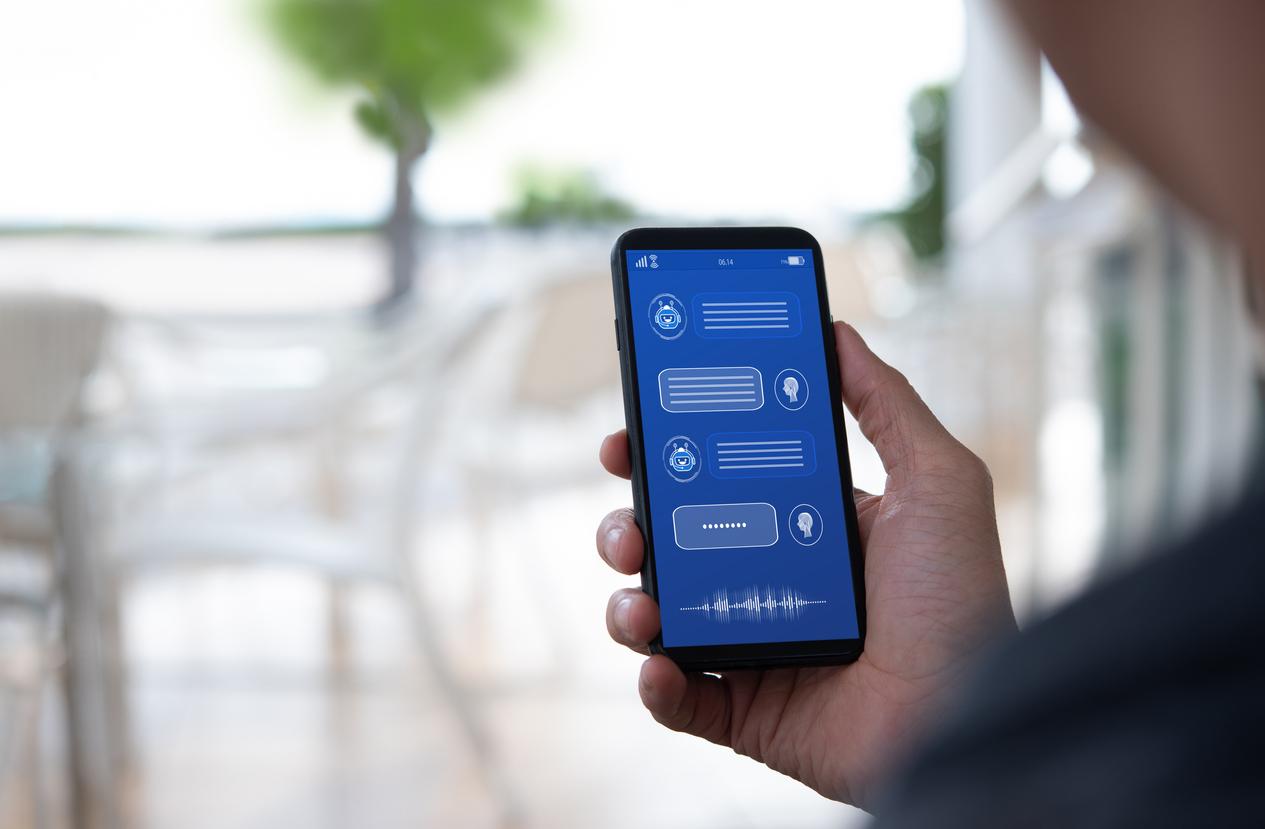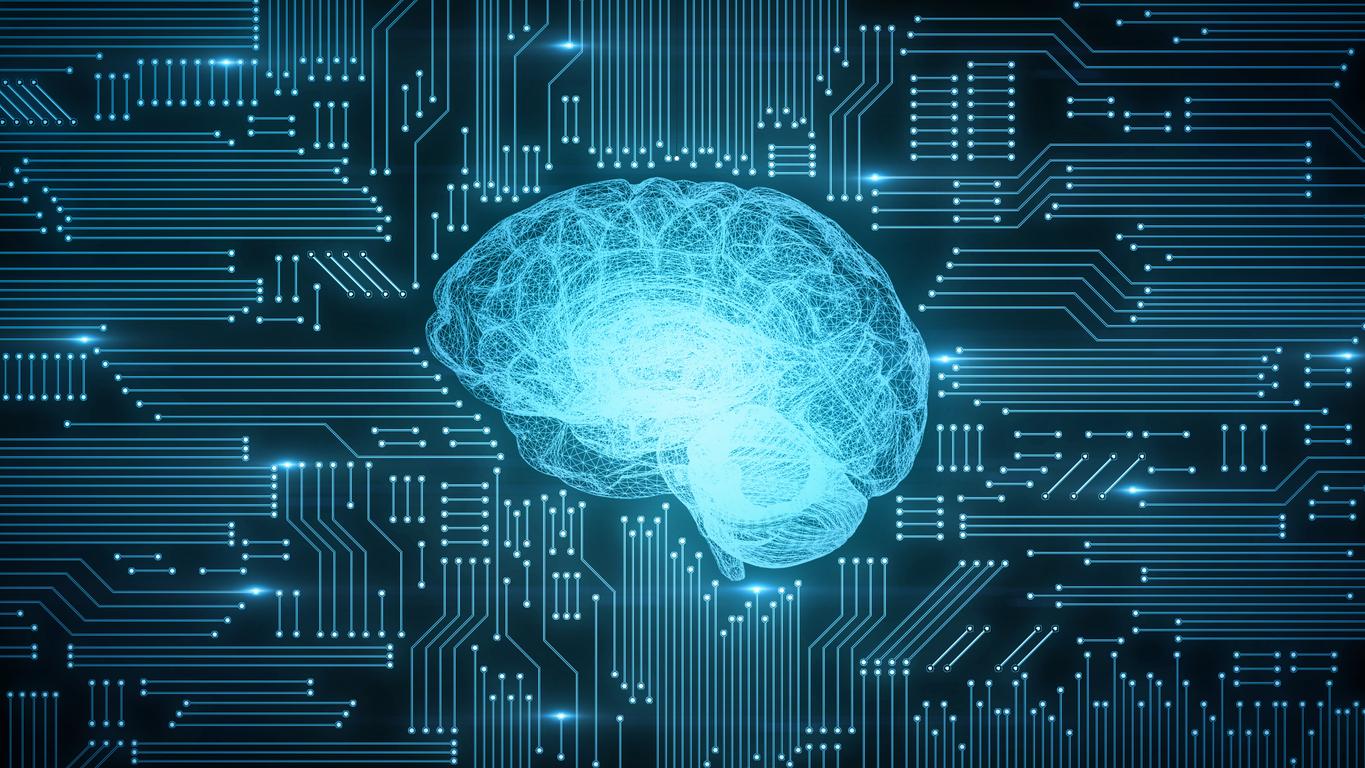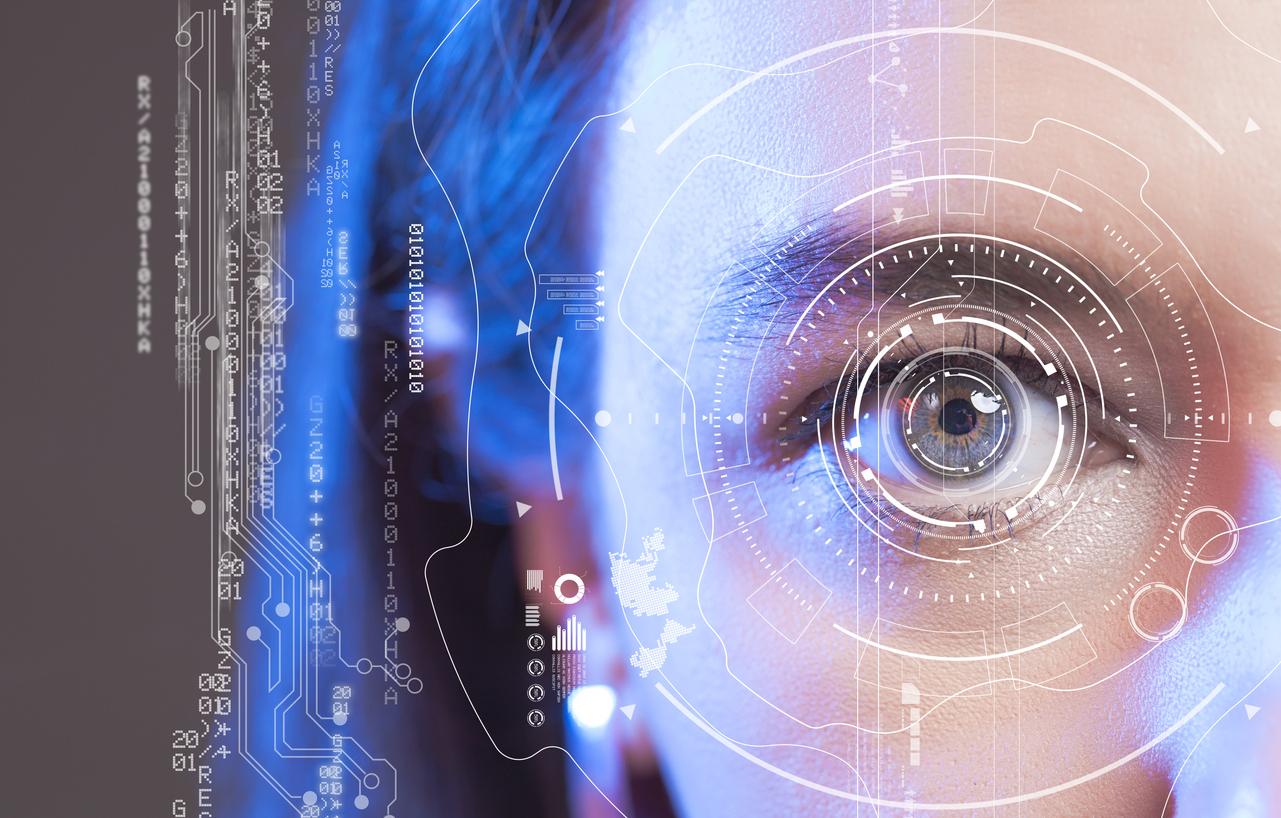At a time when new technologies are increasingly in demand to help with diagnosis, or even to carry out the act of care, what do the French think of it?

Connected objects for better patient care, intelligent software capable of making a diagnosis without the intervention of a doctor, robotic assistance during surgical operations…
As for transport, the world of work or that of leisure, the field of health is today in full revolution: that of robotics and artificial intelligence. Increasingly used by practitioners to help them diagnose pathologies or practice care, telemedicine is not free of limitations or criticisms. Many are those to point to an increasingly dehumanized report of medicine or to recall the risk of hacking to which these connected objects expose.
Contrasting results
But what do the French really think? To find out the answer, researchers from the Assistance Publique Hôpitaux de Paris (AP-HP) interviewed 1,200 participants in the “Community of Patients for Research” (ComPaRe) cohort followed for various pathologies and who regularly answered questionnaires on health. Their results are published in the journal Nature Digital Medicine.
The result is much more nuanced than one might think. Asked about the use of new technologies in the fields of health and medicine, 47% of respondents consider that artificial intelligence and connected objects are a great opportunity for progress for health. They also consider these new tools to be useful for “improving their follow-up and the responsiveness of care”. 11%, however, consider them dangerous. They fear in particular an “inappropriate replacement of human intelligence”, “significant risks of hacking” of personal data or even “misuse of health data by third parties”.
The fear of dehumanized medicine
A very large majority of French people are also opposed to a totally connected medicine, in which the relationship to care would be fully automated and therefore dehumanized. 78% of respondents said they refused to adhere to care provided without any human intervention.
To find out more about the limits that patients pose to the use of new technologies in the practice of care, the researchers offered them four tools on which they had to give their opinion. The first is software capable of analyzing photographs to diagnose possible skin cancer, the second consists of connected sensors to respond to chronic diseases, a connected shirt to control physiotherapy care and finally a conversational robot to establish independent diagnostics.
35% of patients responding to the survey would refuse at least one of these four tools and 41% would use them only if their use is controlled by a human. Conversely, 22% of participants said they agreed to use one of these new tools without human control and only 3% said they agreed to accept everything, without human control.
For the authors of the study, these results demonstrate the need to better “take into account the perceptions and needs of patients”, to “make the most of technology without calling into question the human relationship in the medical act, create an additional burden or interfere in the lives of patients”.
.

















